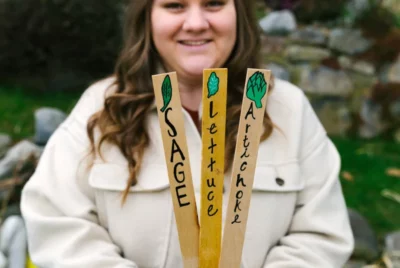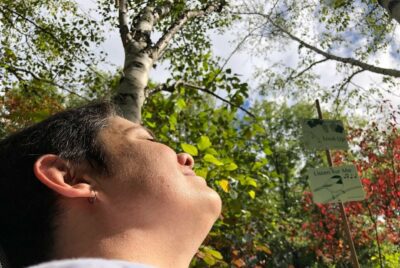RESEARCH
Formulating Evidence-Based Design Guidelines for Therapeutic Gardens Tailored to Elderly Populations: A Synthesis of Reminiscence and Preference Studies
Summary
This study explored how therapeutic gardens can be designed to better support the well-being of older adults by understanding their memories and preferences. Researchers surveyed 112 elderly individuals from care homes and senior activity centers in Poland. They asked about their current relationship with nature, their gardening experiences from youth, and their favorite plants and memories related to gardens. The goal was to identify garden features that promote relaxation, comfort, and social connection for aging individuals, especially those with limited mobility or living in care facilities.
The study found that gardens are deeply meaningful to older adults—not just as relaxing outdoor spaces, but as places that connect them to cherished childhood memories, family moments, and a sense of identity. Respondents strongly valued natural elements like flowers, vegetables, and fruit trees they remembered from youth, such as roses, tulips, tomatoes, and apples. They also emphasized the importance of both active gardening and passive enjoyment, like sitting quietly or observing nature. Based on these findings, the authors recommend creating garden spaces that are easy to navigate, rich in sensory detail, and emotionally familiar.







